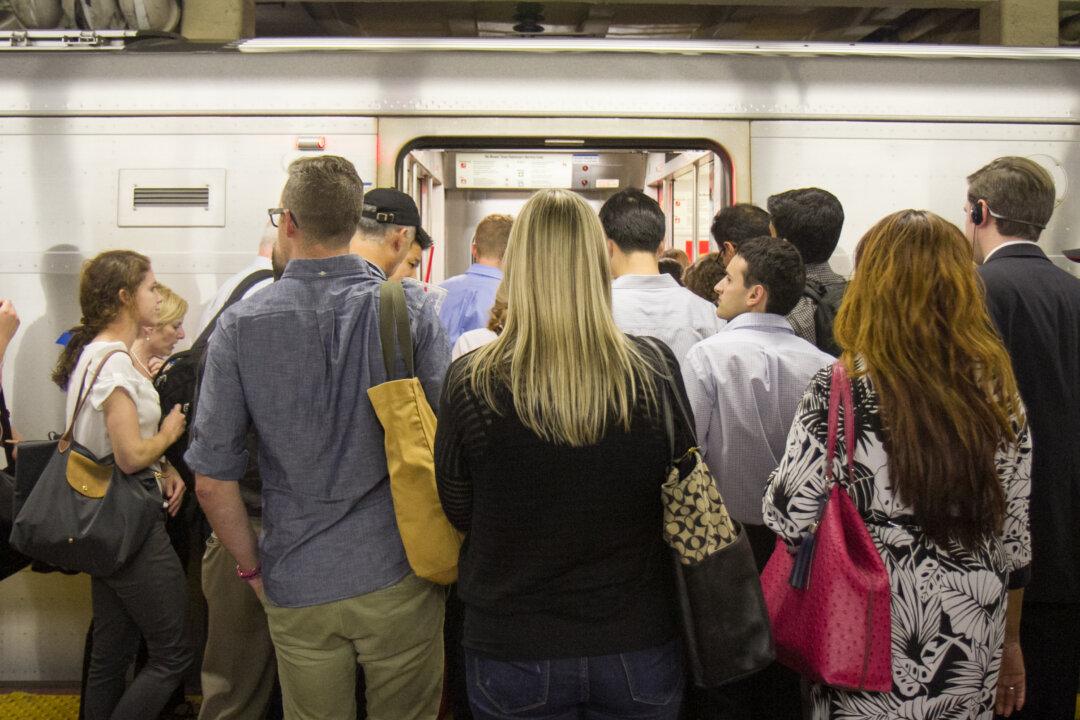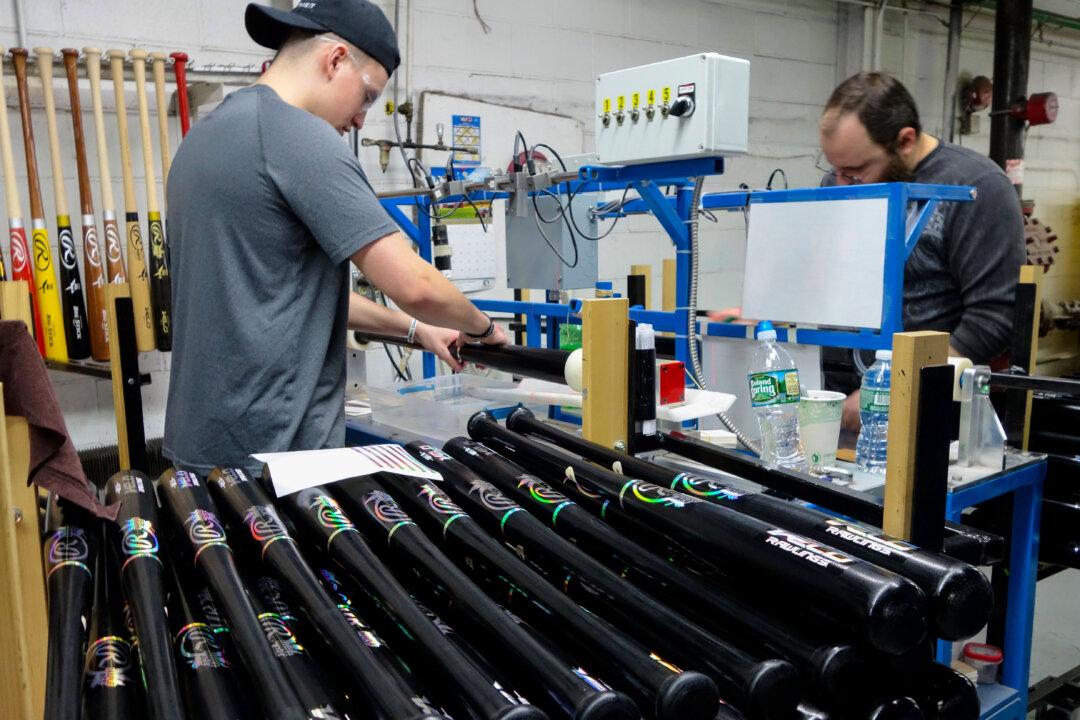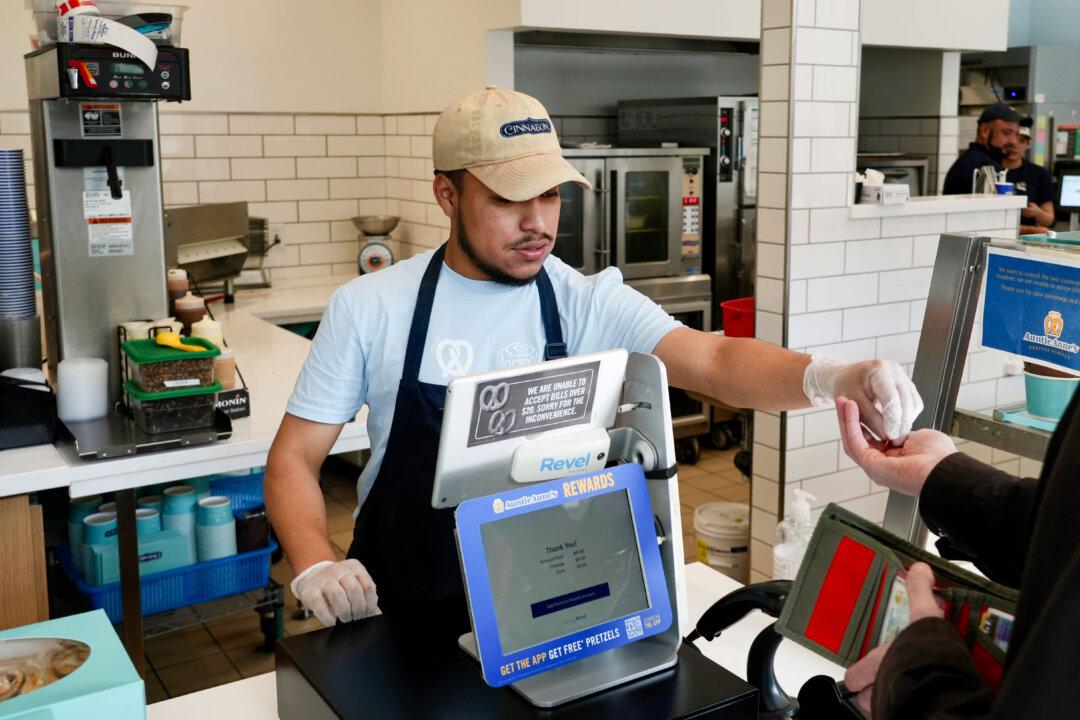Although still a small percentage of all business commuters, more people are traveling longer distances to get between their homes and jobs today than before the COVID-19 pandemic, according to a new study from Stanford University.
The reasons, though varied, tend to focus on quality of life.





